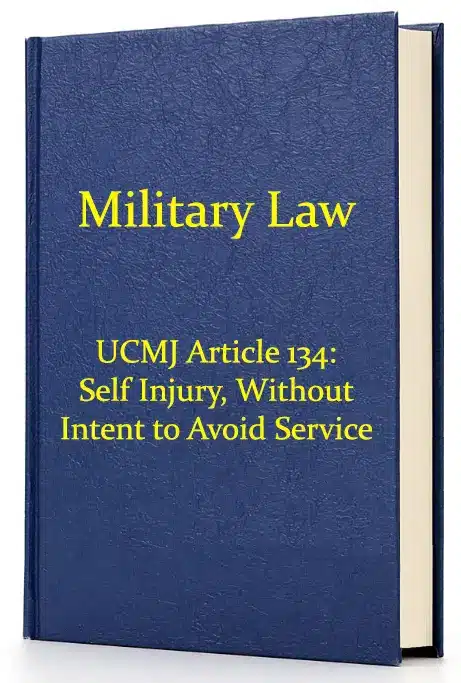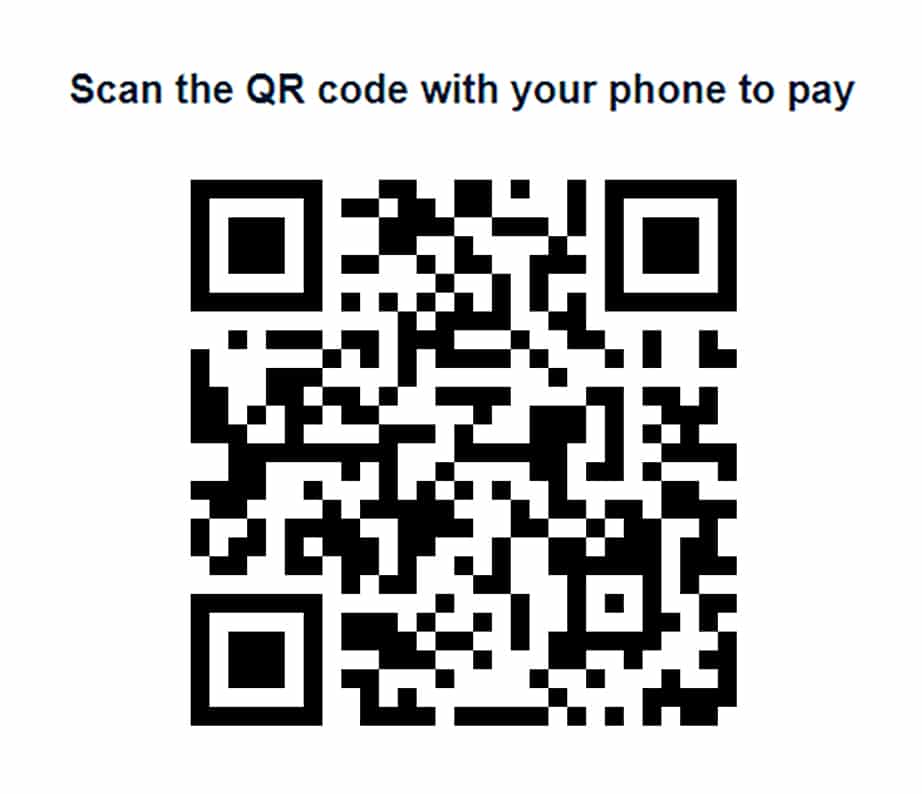The MCM states a service member may be subject to prosecution for a violation of Article 134 – Self Injury, Without Intent to Avoid Service if the following elements can be effectively demonstrated:
-
the accused intentionally inflicted injury upon themself; and
-
under the circumstances, the conduct of the accused was either (i) to the prejudice of good order and discipline in the armed forces, (ii) was of a nature to bring discredit upon the armed forces, or (iii) to the prejudice of good order and discipline in the armed forces and of a nature to bring discredit upon the armed forces.
That element is to be added if the offense occurred during war or in a hostile fire pay zone.
Understanding Article 134 (Self Injury, Without Intent to Avoid Service) of the UCMJ
This offense differs from malingering in that for this offense; the accused need not have harbored a design to avoid performing any work, duty, or service that may properly or normally be expected of one in the military service. This offense is characterized by intentional self-injury under such circumstances as prejudice, good order, and discipline or discredit of the armed forces. The accused is not required to be unable to perform duties or be absent from their place of duty due to the injury. For example, the accused may inflict the injury while on leave or pass. The circumstances and extent of injury, however, are relevant to a determination that the accused’s conduct was prejudicial to good order and discipline or Service discrediting.
The injury may be inflicted by nonviolent and violent means. It may be accomplished by any act or omission that produces, prolongs, or aggravates a sickness or disability. Thus, voluntary starvation that results in incapacity is a self-inflicted injury. Similarly, another may inflict the injury at the accused’s request.
Bona fide suicide attempts should not be charged as criminal offenses. When determining whether the injury by the Servicemember was a bona fide suicide attempt, the convening authority should consider factors including, but not limited to, health conditions, personal stressors, and DoD policy related to suicide prevention.
Maximum Possible Punishment for Violations of Article 134
Service members convicted of Intentional self-inflicted injury faced the maximum possible punishment of a dishonorable discharge, forfeiture of all pay and allowances, and confinement for two years.
Those convicted of Intentional self-inflicted injury in time of war or a hostile fire pay zone face the maximum possible punishment of a dishonorable discharge, forfeiture of all pay and allowances, and confinement for five years.
How do you defend against Article 134 Self Injury, Without Intent to Avoid Service charges?
When facing the combined military resources and the current cultural climate, you must be prepared to defend your career and freedom. Crisp and Associates, LLC has a team of experienced trial attorneys with over 75 years of combined experience who have won these cases. This team includes the firm’s founder, Jonathan Crisp, a highly respected and sought-after attorney, speaker, and lecturer who has served in the U.S. Army Judge Advocate General’s Corps (JAG) since 1998 and entered private practice in 2007.
If you, or someone you know, is facing Article 134 charges for Self-Injury will Without Intent to Avoid Service, you need to speak with a Military defense attorney immediately. We understand what is at risk and know how to protect your career, freedom, and future.



